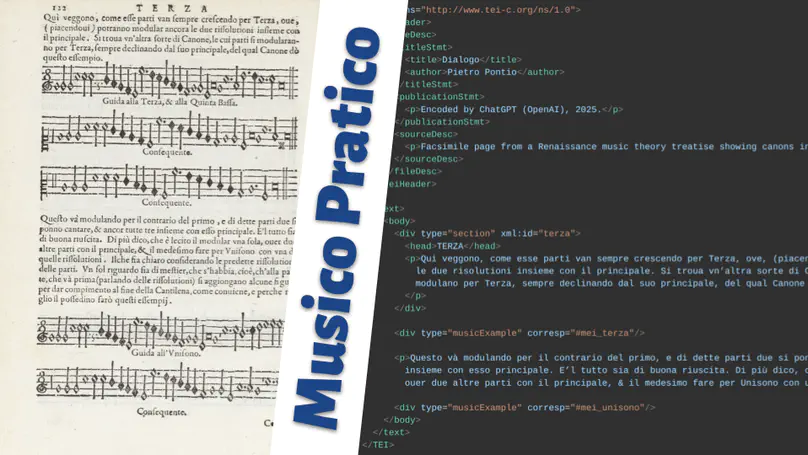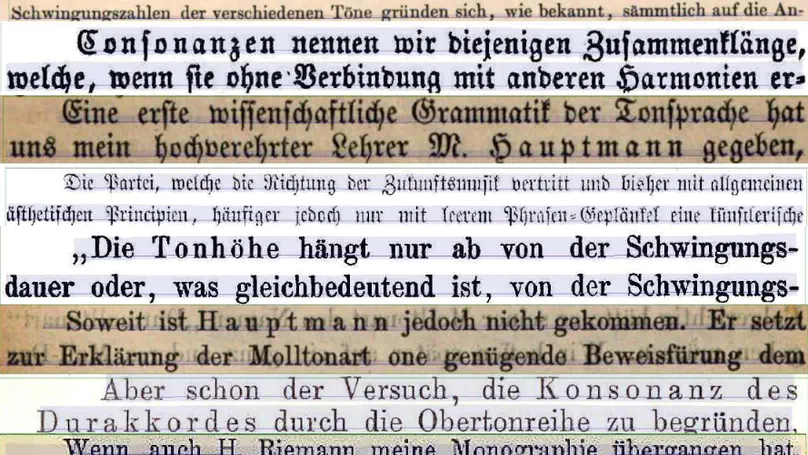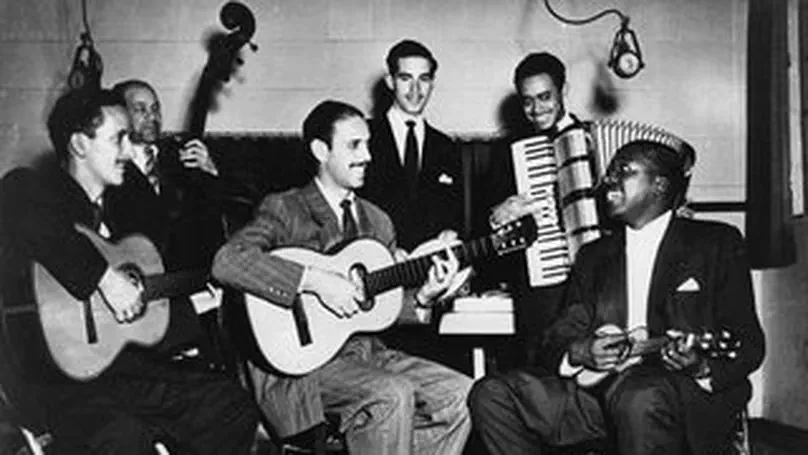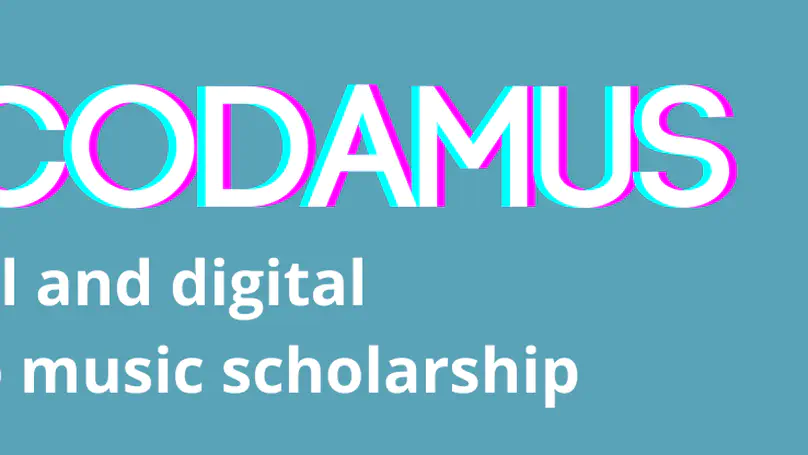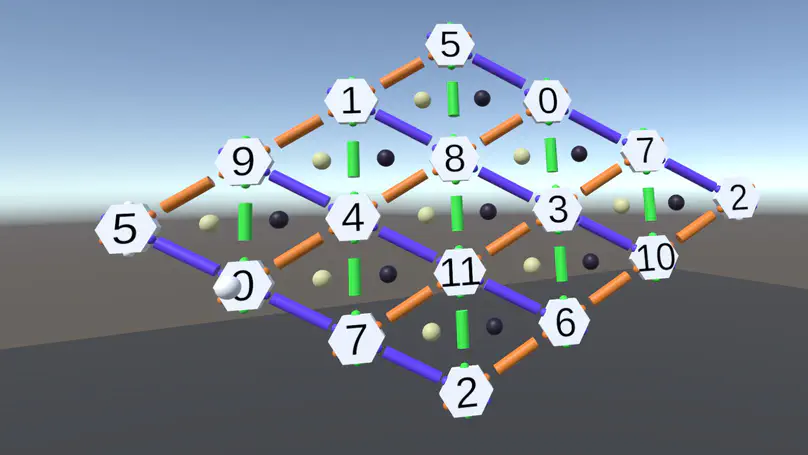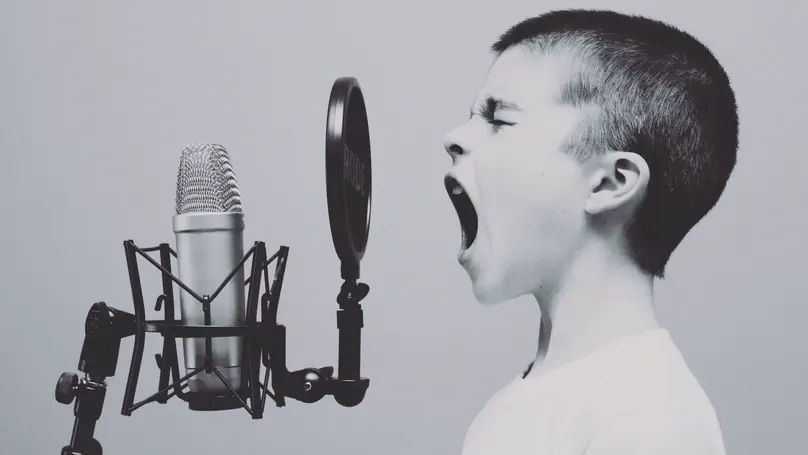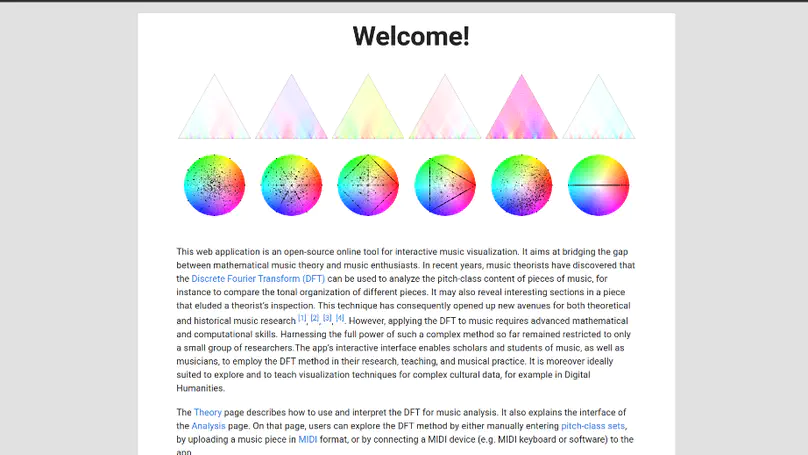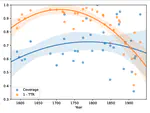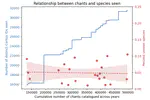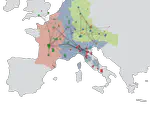Welcome!
I am a tenure-track assistant professor for Digital Music Philology and Music Theory in the Institut für Musikforschung at Julius-Maximilians University Würzburg (JMU), Germany, part of the extended collegial board of the Zentrum für Philologie und Digitalität (ZPD), and member of the Graduate School Humanities (GSH). I teach courses covering a wide range of topics in music theory, computational musicology, and digital tools.
Research Interests
Computational Musicology · Corpus Studies · Music Theory & Analysis · Digital Humanities · Artificial Intelligence · Cultural Evolution
In my research, I bridge concepts and methodologies from the humanities and the sciences, and aim to understand music and its structure from an inherently interdisciplinary perspective, involving fields such as musicology and music theory, mathematics, music information retrieval, data science and machine learning, music cognition, and the digital humanities. One of my central interests lies in analysing large digital corpora in order to better understand musical styles, especially from a historical viewpoint. More specifically, I work with large symbolic datasets of musical scores and harmonic annotations. I am also interested in computational modeling of music and its perception, and am fascinated by quantitative approaches to model historical processes.
Videos
Research & Projects
Present and past
Publications
Journal Articles, Conference Papers, Datasets
